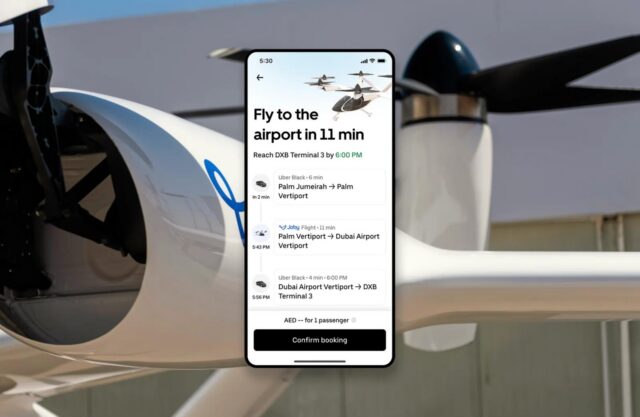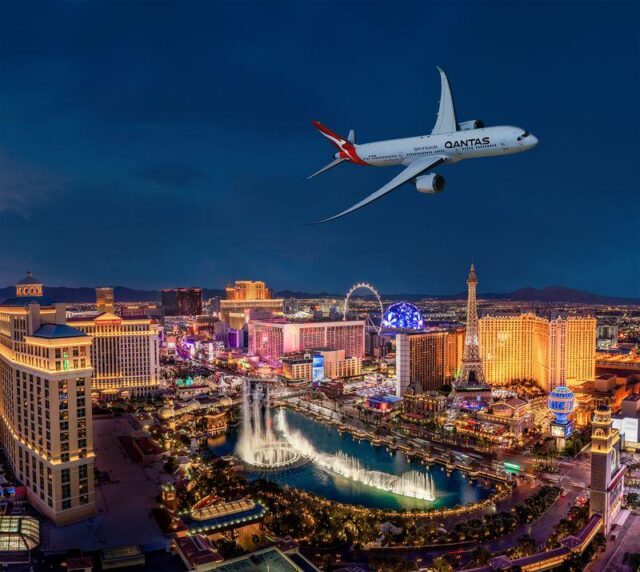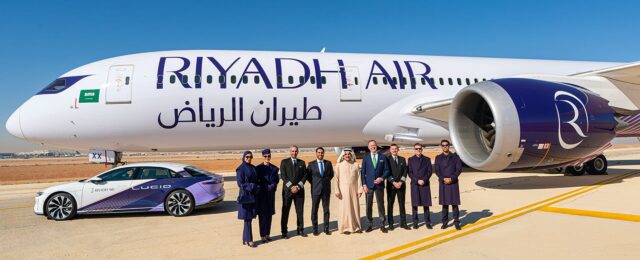
*image courtesy of easyJet & GKN Aerospace
EasyJet has announced it is working with GKN Aerospace to work toward reducing carbon emissions in aviation through the adoption of zero carbon emission technologies.
The airline will support the development of GKN Aerospace’s hydrogen combustion (H2JET) and hydrogen fuel cell (H2GEAR) technology, including exploring the options for flight demonstration, as part of the airline’s ambition to de-carbonise aviation.
H2GEAR is a GKN Aerospace led UK collaboration programme aiming to develop a liquid hydrogen propulsion system for sub-regional aircraft that could be scaled up to larger aircraft. Liquid hydrogen is being converted to electricity within a fuel cell system. This electricity efficiently powers the aircraft, eliminating carbon emissions and creating a new generation of clean air travel. The H2GEAR programme is supported by £27M of ATI funding, matched by GKN Aerospace and its industrial partners.
H2JET is a Swedish collaborative two-year programme led by GKN Aerospace to push development of key subsystems for gas turbine-based hydrogen propulsion of medium range civil aircraft.
Cross-industry partnerships are key
David Morgan, Director of Flight Operations, easyJet, said: “At easyJet, we are committed to working towards a future with zero carbon emission flying. We know that technology is a key driver to achieve our decarbonisation targets, with hydrogen propulsion a frontrunner for short-haul airlines like easyJet. Cross-industry partnerships are key to developing these promising new technologies and we look forward to collaborating with GKN Aerospace to support bringing this technology to maturity as early as possible.”
Max Brown, VP Technology, GKN Aerospace, said: “At GKN Aerospace sustainability is at the heart of our business. Hydrogen-powered aircraft offer a clear route to keep the world connected, with dramatically cleaner skies. The UK is at the forefront of this technology. We look forward to work with easyJet and our partners, to develop and industrialise the breakthrough technology to fly aircraft with zero CO2 emissions.”
Subscribe to the FINN weekly newsletter
















